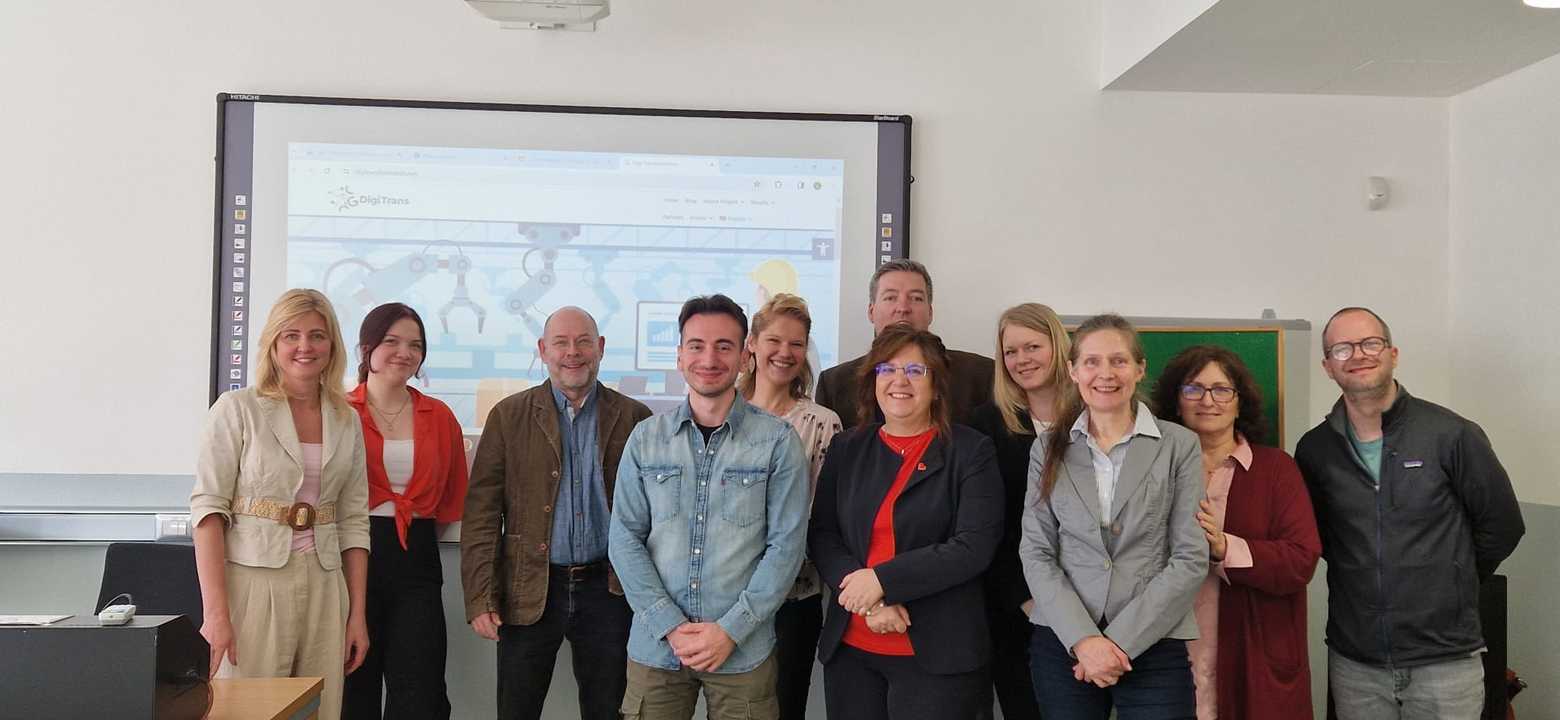CGC Digitrans
The CGC method is being developed with the involvement of practitioners from the fields of guidance and counseling and human resource development. It supports counseling practitioners in harmonizing the digital competence needs of employees, companies and providers of training.
CGC-Digi-Trans aims to develop an innovative guidance method, the ‘CGC Roundabouts for Digital Transformation’, through which Career Guidance and Counselling (CGC) practitioners can improve guidance and counseling in the context of digital transformation. The aim is to facilitate the fit between the training needs of individuals and employers and the qualification offers of training providers through good professional guidance and counseling.
Collaborate or questions?
Please contact us.
Annemarie van der Wees
On behalf of Erasmus+ en European Union
"The need is high. It is precisely the digital skills that are essential skills that are needed to keep up. Also to start and stay at work in a sustainable way. The target group must constantly maintain labour market value. I think digital skills are even more important than language skills. It increases self-reliance in our society."
Goal
A method manual, a curriculum and seminars are being developed to accompany the method. The curriculum will be tested in the context of academic training and further education of counseling practitioners. By involving local networks of practitioners from the fields of counseling, continuing education and human resources in Germany, Italy, Austria and the Netherlands, a high level of practical relevance and openness to adaptation in the national counseling context will be ensured.
Results
The project will result in academically trained CGC practitioners having a greater impact on the digital transformation: they will learn how to effectively collaborate with all actors involved in digital training. As this is a new and wider understanding of Career Guidance, academic training for CGC practitioners and experts needs enhancement. Digital transformation is also a challenge for HE and study programs in this context. CGC practitioners as well as other professionals in the field (e.g. in-company trainers, HR experts, adult education experts) need a deeper understanding of the digital transformation and the needs in the labor market as well as the training offers and programs available. Academic training needs a digital transformation, and the project supports this for the HEI working in this field.
Involved researchers







